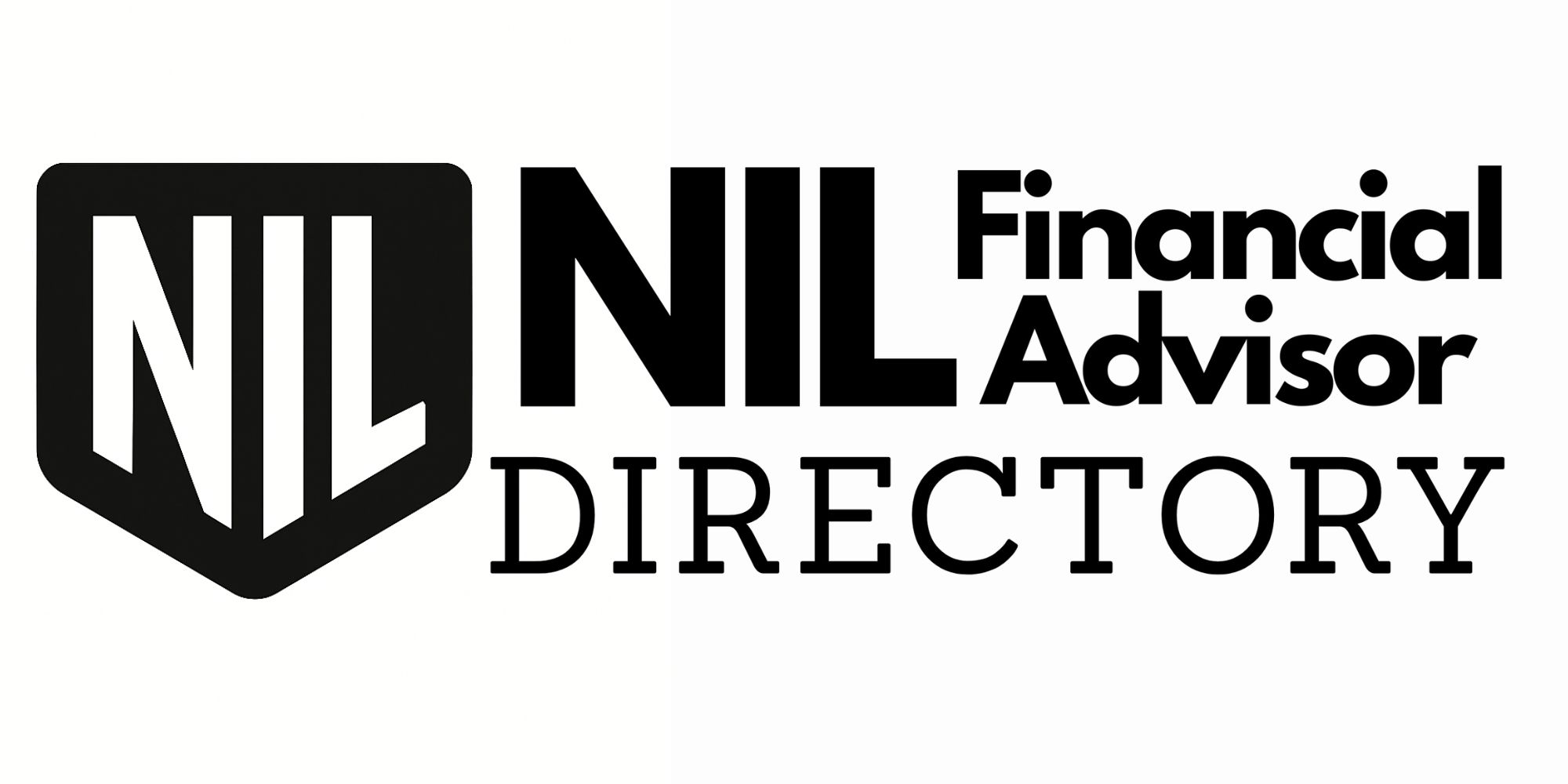Before You Hire an Advisor
- August 16, 2025
- Uncategorized
- 2 mins read
Before You Hire an Advisor: The Background Check Every Athlete Should Run
In the NIL (Name, Image, and Likeness) era, athletes have more opportunities than ever to earn money. But with those opportunities comes responsibility — and that includes choosing the right financial advisor. The truth is, not every advisor is a good fit, and some may not even be trustworthy. Before you hire anyone, you need to run a background check.
Here’s the step-by-step process every athlete (and parent) should follow to protect themselves before signing on with a financial professional.
1. Verify Their Registration
Every legitimate financial advisor is registered with either:
FINRA (Financial Industry Regulatory Authority): For brokers who sell investments like stocks, bonds, and mutual funds.
SEC (Securities and Exchange Commission): For Registered Investment Advisors (RIAs) who manage assets and give financial planning advice.
State Securities Regulators: For advisors working at smaller firms or offering services in specific states.
Tools to use:
Both are free, easy to use, and take just minutes.
2. Look for Licenses and Designations
The best advisors invest in their own education. Look for designations that show advanced training and ethical standards:
CFP® (Certified Financial Planner): Comprehensive planning expertise.
CPA/PFS (Certified Public Accountant – Personal Financial Specialist): Strong tax knowledge.
CFA® (Chartered Financial Analyst): Investment expertise.
ChFC® (Chartered Financial Consultant): Broad planning skills.
Pro tip: Verify credentials on the issuing organization’s website. Never rely on business cards alone.
3. Review Their Work and Disciplinary History
On BrokerCheck or IAPD, pay close attention to:
Disclosures: Any past lawsuits, fines, or disciplinary actions.
Customer Complaints: Even one or two serious ones can be a red flag.
Job History: Frequent moves between firms could signal instability.
If something looks concerning, ask the advisor to explain. Transparency is a must.
4. Understand How They Get Paid
The way an advisor makes money can affect the advice they give you. Common models include:
Fee-only: Paid only by the client, usually through flat fees, hourly rates, or a percentage of assets managed (AUM).
Commission-based: Paid when they sell you financial products.
Hybrid: A mix of both.
Make sure you understand — in writing — exactly how your advisor will be paid.
5. Ask the Right Questions
When you meet with a potential advisor, use this short checklist:
Are you a fiduciary at all times?
How do you get paid, and what’s my total cost?
Have you ever been disciplined by a regulator?
What experience do you have with NIL athletes or clients with unpredictable income?
Can I see your ADV Brochure (for RIAs) or other disclosure documents?
6. Trust Your Gut
Background checks are essential, but so is your instinct. If something feels off — if the advisor dodges questions, pressures you to sign quickly, or can’t explain things clearly — move on. The right advisor will welcome your due diligence and answer with confidence.
The Bottom Line
Your NIL income is more than a paycheck — it’s the start of your financial future. Protecting it means doing your homework before you hire anyone. By running a background check through FINRA BrokerCheck and the SEC IAPD, verifying credentials, and asking the right questions, you’ll avoid bad fits and set yourself up with an advisor who puts your interests first.
Need a head start? The NIL Financial Advisor Directory makes it easy to find trusted, pre-vetted professionals who understand the unique challenges of managing NIL income.


